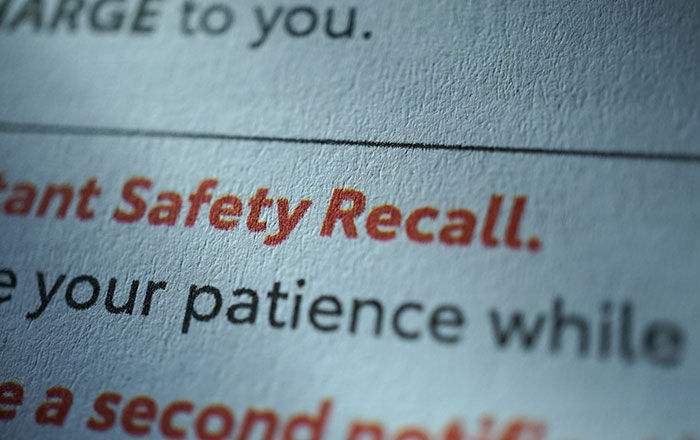Members of the Armed Forces take an oath to protect the United States at any cost, but our country doesn’t always protect them in return. Contaminated water at Camp Lejeune in North Carolina has led to cancer and other serious health consequences for U.S. Marine Corps and U. S. Navy veterans and their families who used the water to drink, bathe, clean, and cook.
If you lived or worked at Camp Lejeune for at least 30 days between August 1, 1953 and December 31, 1987 and have been diagnosed with a serious illness, McWhirter, Bellinger & Associates may be able to help you recover damages.
How did Camp Lejeune’s water get contaminated?
During a routine test in 1982, contaminated water was found at two of the eight water treatment plants at Camp Lejeune – the Tarawa Terrace plant and the Hadnot Point plant.
The water was found to have the following volatile organic compounds (VOCs) which are known carcinogens:
- PCE (perchloroethylene or tetrachloroethylene)
- TCE (trichloroethylene)
- Benzene
- Trans-1,2-DCE (t-1,2-dichloroethylene)
- Vinyl chloride
The contamination at the base resulted in exposures up to 280 times over the recommended safety limits for VOCs.
Water from the Tarawa Terrace plant was primarily contaminated by PCE. The source was the waste disposal practice at ABC One-Hour Cleaners, an off-base dry cleaning business.
Water from the Hadnot Point plant was contaminated primarily by TCE. Other contaminants included PCE, benzene, and TCE degradation products trans-1,2-DCE (t-1,2-dichloroethylene) and vinyl chloride. Supply wells from that plant were contaminated by multiple sources including leaking underground storage tanks, industrial area spills, and waste disposal sites.
More than one million Marines, Marine families, and civilian workers were exposed to toxic water at Camp Lejeune, making it one of the most widespread and far-reaching instances of water pollution in United States history.
What kind of health problems are caused by VOCs?
Medical studies have linked VOCs to many health conditions and diseases, including:
- Anemia
- Bladder cancer
- Breast cancer
- Esophageal cancer
- Hepatic steatosis
- Infertility
- Kidney cancer
- Leukemia
- Liver cancer
- Lung cancer
- Miscarriage
- Multiple myeloma
- Myelodysplastic syndromes
- Neurobehavioral effects
- Non-Hodgkin’s lymphoma
- Parkinson’s disease
- Renal toxicity
- Scleroderma
Unfortunately, many people who lived at Camp Lejeune have been diagnosed with the conditions listed above.
What does the government say about the contamination?
The Agency for Toxic Substances and Disease Registry (ATSDR) used a data analysis and modeling approach to reconstruct historical contaminant concentrations.
Using those approaches, the agency estimated that water from the Tarawa Terrace plant was contaminated from November 1957 to February 1987. Despite the problem being discovered in 1982, the most contaminated wells at the plant were not shut down until 1985.
Water at the Hadnot Point plant was contaminated from August 1953 to January 1985, according to the agency’s estimates.
Has the government offered compensation to victims?
The Camp Lejeune Justice Act of 2022 has passed through the Senate and will most likely be signed into law by President Joe Biden. The law is expected to allow for service members and their families to file claims against the US government if they were exposed to toxic water at Camp Lejeune over a period of at least 30 days between August 1, 1953 and December 31, 1987 and have been diagnosed with a serious illness.
In the event that a person died after being exposed to toxic water, their family will be eligible to redress their injury through a wrongful death lawsuit.
Victims must be able to demonstrate a causal connection between the tainted water and their illness.
Contact McWhirter, Bellinger & Associates today
McWhirter, Bellinger & Associates is aware of the dangerous consequences caused by VOCs in tainted water at Camp Lejeune. If you or a loved one were exposed to toxic water at the military base and diagnosed with a serious illness, our attorneys would love to hear your story and provide you with a free case evaluation.
With law offices in Aiken, Camden, Columbia, Lexington, Newberry, Orangeburg, and Sumter, our lawyers are dedicated to helping South Carolina residents who have been affected by the U.S. government’s negligence at Camp Lejeune.
Give us a call today at (803) 590-9203. It won’t cost you anything to see if we can help.®

















